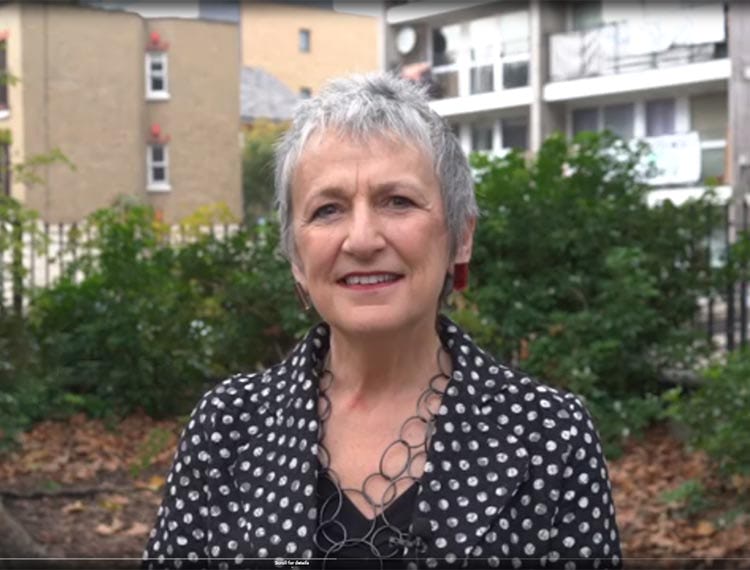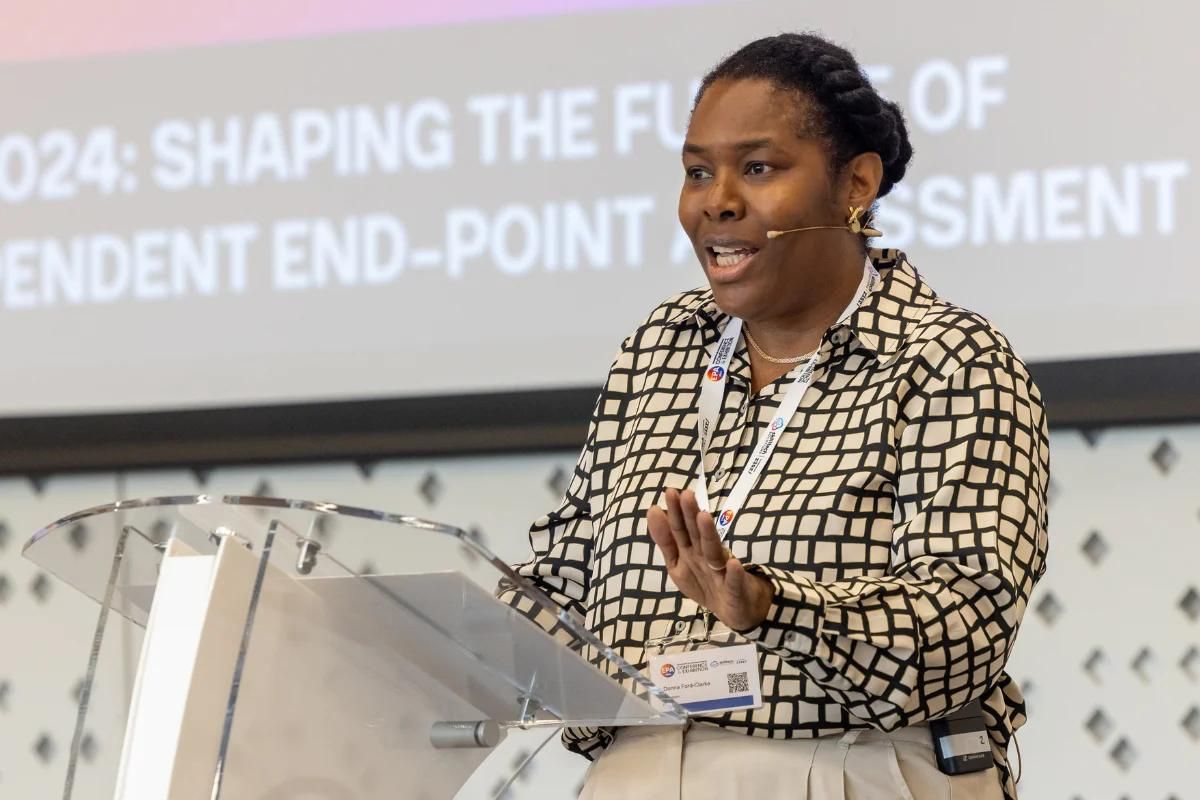At a time of upheaval and division, urgent reform needed #CivilSocietyFutures

A two-year inquiry into civil society today warns of a decade of continuing social upheaval and calls for widespread changes in the approaches of charities, community groups and others to take a leading role in responding.
The Civil Society Futures inquiry, chaired by Julia Unwin, has found the country is facing a cocktail of democratic, digital, economic and environmental turmoil. The future of local communities, racism, social divisions around Brexit, inequality, the automation of work, and climate change are among the concerns raised by thousands of people across England.
Unwin highlights the coming decade as a time when civil society is urgently needed to take on these challenges, and seize the opportunities of the changes ahead. But it can only do so if it radically reforms.
“Our world is changing fast and people’s expectations are changing too. From local planning decisions to national politics to global technology, people feel ignored and divided as the future is shaped. They want much more power over their lives, they want to come together.”
“Civil society can and must lead the responses to these future challenges. But too often people feel civil society does not involve people in decision-making, is disconnected from communities, more accountable to big funders than to the people they serve, and in a year of headlines about sexual abuse at Oxfam, Save the Children and others, trust in civil society is in question.”
“Charities, voluntary and community groups need to get back to their roots and rediscover their enduring purpose which is to connect people and to shift power. We must be more accountable and build greater trust.”
The inquiry sees the coming decade as a period of opportunity and cites the #metoo movement, community responses to the horrors of the Manchester bombing and new unions for gig economy workers as examples of the vital importance of civil society in a changing world.
Civil Society Futures calls on individuals and organisations in civil society to commit to a new ‘PACT’ – a set of behaviours and practices that should be the foundation of all civil society activity in order to adapt to and shape the decade ahead:
- Power: shifting power and sharing more decision-making and control, being a model of inclusive participation for the rest of society.
- Accountability: being primarily accountable to the people we serve – instead of putting funders and government first – and being accountable to future generations.
- Connection: broadening and deepening connections with people and communities, bridging damaging social divides, and investing in a new ‘social infrastructure’.
- Trust: devoting more time and resources to build trust in all civil society activity, earning trust by speaking up to politicians and corporations, trusting communities to make the decisions that affect them.
Civil Society Futures is a two-year independent inquiry into the future of civil society in England, the first major inquiry of its kind for over two decades. It has engaged more than 3,000 people in debate about civil society and their hopes for its future through hundreds of workshops, meetings, events, blogs and academic research.
‘Civil society’ refers to individuals and organisations who form not-for-profit groups and communities which are separate to government and business. It’s hugely diverse and can be both formal and informal. It ranges from faith groups to social media, local activism to social movements and community groups to charities.
The last inquiry on a similar scale into the future of civil society in England took place in 1996.
In the past year Civil Society Futures has heard from over 3,000 people about their contribution to civil society. Workshops have been held in nine local communities from Newcastle to Penzance, organisations and groups have held over 60 discussion events, there have been meetings with 250 civil society leaders, and over 50 written submissions and 120 blogs have been received.
About Civil Society Futures: An independent inquiry into the future of civil society in England. The Inquiry is powered by a collaboration of four organisations: Citizens UK, Forum for the Future, Goldsmiths, University of London and openDemocracy. The Inquiry has been guided by an independent panel of people bringing a range of perspectives: Asif Afridi from brap, Sarah Gordon, Business Editor at the Financial Times, Danny Sriskandarajah, Director General of CIVICUS, Rhiannon White, co-founder of Common Wealth Theatre, Carolyn Wilkins, CEO of Oldham Council, Steve Wyler an independent consultant and Debu Purkayastha, a venture capitalist who is currently Entrepreneur-in-Residence (EiR) at Octopus Investments. Leading disability rights campaigner Bert Massie was part of the panel but passed away in the Autumn of 2017. It has been chaired by Julia Unwin.
About Julia Unwin, CBE: An experienced, well known and respected senior strategic leader, with extensive professional leadership experience in the voluntary and public sectors, and corporate social responsibility. Julia has experience in the regulatory environment having served at a very senior level at the Housing Corporation, Charity Commission and, as Deputy Chair, and later Chair, of the Food Standards Agency and, until December 2016, CEO of the Joseph Rowntree Foundation. Julia is currently Chair of Civil Society Futures, the Independent Inquiry into the Future of Civil Society.








Responses